Why Is a Cocktail Called a Cocktail - 3 Origin Stories That Might Be True
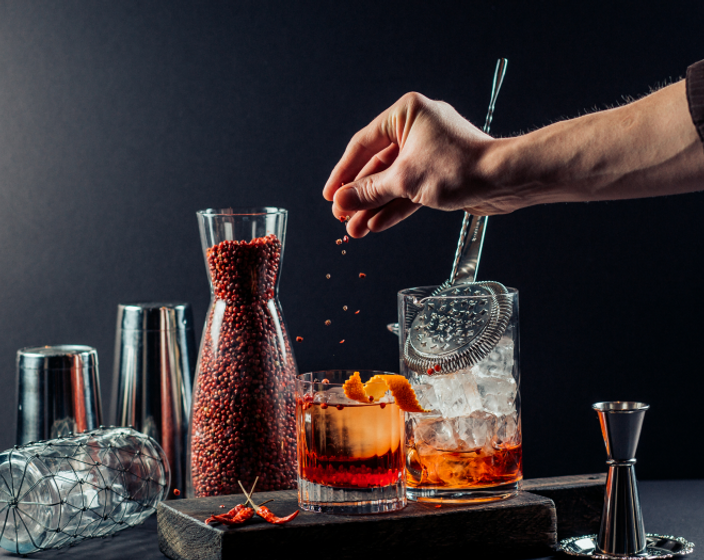
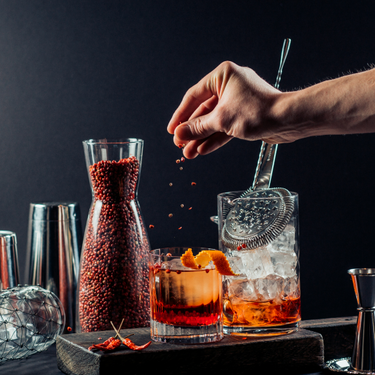


According to the official definition of the word "cocktail" from the Merriam-Webster Dictionary, it is "a usually iced drink of wine or distilled liquor mixed with flavoring ingredients."
This somewhat generic cocktail definition only represents some delightful combinations and mixes that bartenders and mixologists have created over the years.
Whether it's equal parts of liquor and fruit juice or a complex mix of several spirits, simple syrup, and bitters, what makes cocktails unique is that there are no set rules - any concoction you can possibly think of is acceptable if it tastes good! The greatest joy of sipping on an artfully designed craft cocktail is that every sip promises something new, providing an ever-changing taste experience in a glass.
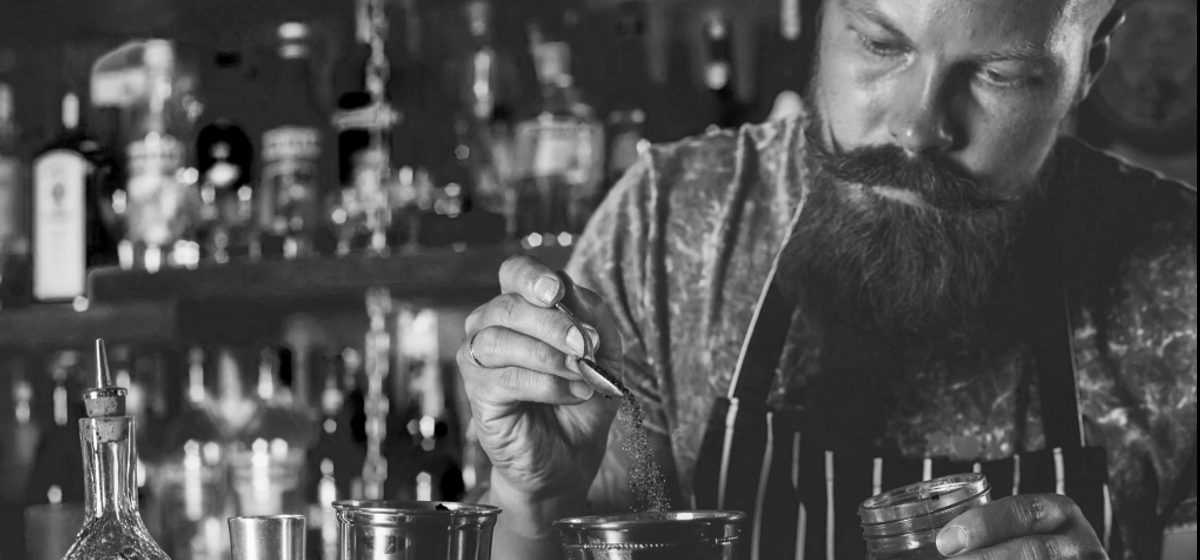
From the old-time pubs of England to today's trendiest bars, cocktails have been tantalizing taste buds around the world for decades. While many cultures have their unique recipes and drinking traditions involving spirits and mixers going back centuries, it was American bartenders in the early 19th century who are credited with inventing what we know as a modern cocktail - mixing together classic elements like spirits, sugar syrup or liqueur, bitters, water, and ice.
The first known written reference to a cocktail appeared in a New York newspaper called The Balance and Columbian Repository in May 1806. The newspaper defined a cocktail as a "stimulating liquor, composed of spirits of any kind, sugar, water, and bitters."
That being said, the popularity of cocktails has spread all over the world, and today, countless variations and new recipes are being created in countries all around the globe.
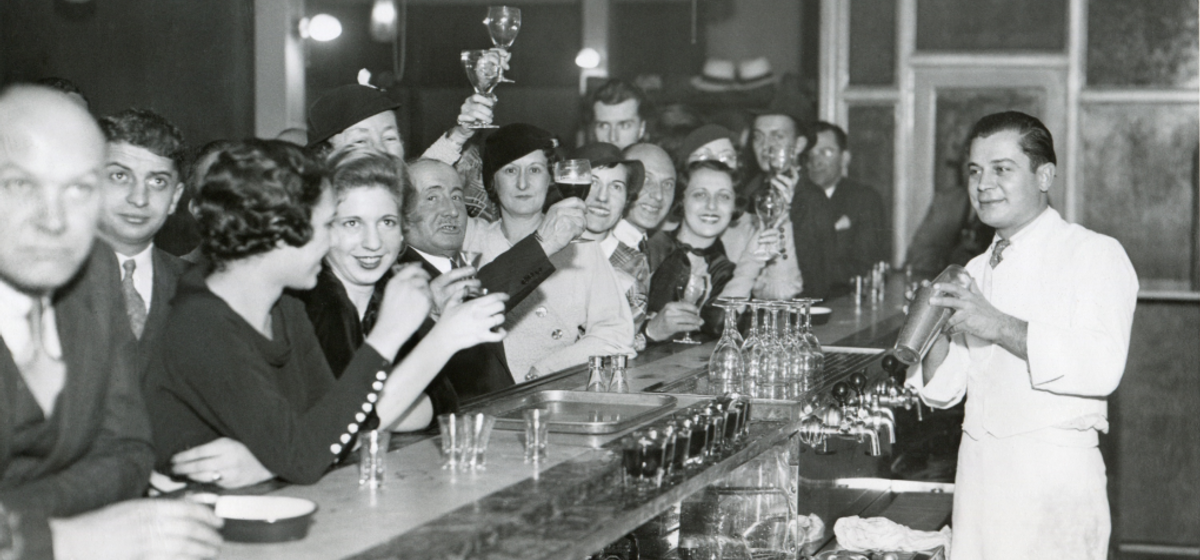
The word "cocktail" is a fascinating term with a rich and varied history. It still remains one of the most elusive in the language, with many origin stories and etymological explanations.
There are many theories about where the word came from and how it came to be associated with the mixed drinks that we enjoy today. Some suggest that it has something to do with horses, while others claim it was named after a type of glass or a particular mixing technique.
With so many origin stories to explore, the history of the cocktail is a tale that is as captivating as the drinks themselves. So, let's take a journey back in time to uncover the many intriguing stories behind the word "cocktail" and how it became synonymous with one of the world's most beloved beverages.
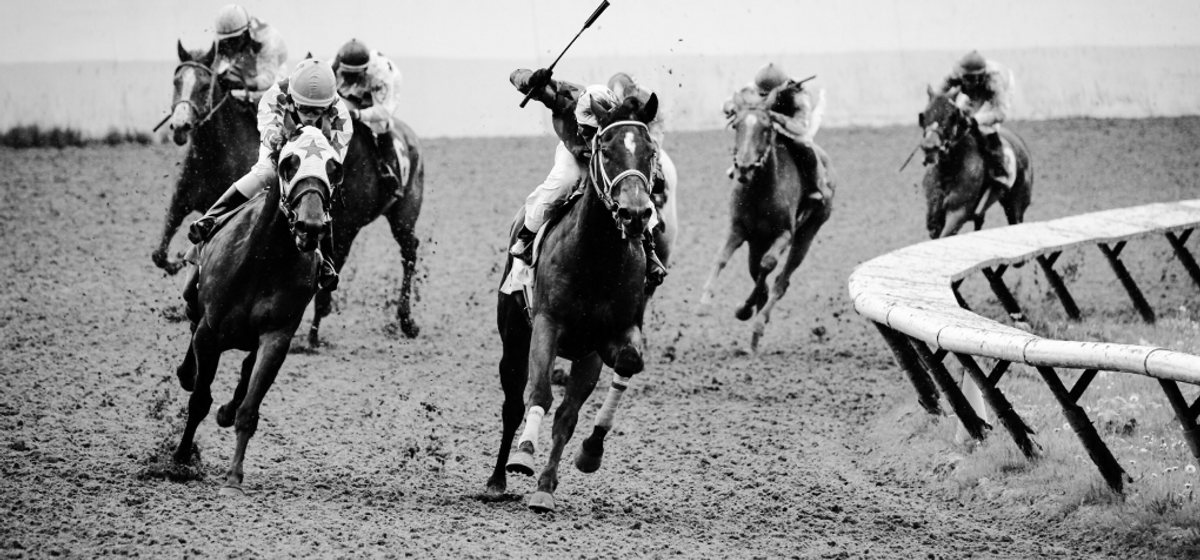
One popular theory suggests that it was inspired by an “interesting’ practice popular among horse traders in the 18th
It’s a common belief that a horse with raised or cocked-up tail is a direct indication of strength and vigor. In the 18th century, some less-than-honest horse traders would use ginger or pepper suppositories to make the horse carry its tail high and entice potential buyers into believing their horses were full of vim and vigor.
Adding ginger to drinks was also believed to have energizing effects on people, associated with humans’ liveliness, it could have contributed to the connection between a "cocktail" and a "cocked tail of a horse".
A book called "Sportsman’s Slang" written by John Badcock in 1828 contained a section that supported this idea, stating that "gin and beer, or both, combined with a scratch or two of cock-tail in it." Eventually, bitters replaced ginger in drinks as a morning tonic. This could have led to the development of modern cocktails as we know them today.
People eventually started using bitters instead of ginger or pepper in their "cocktails." Historian David Wondrich suggests that the addition of bitters can be credited to a London-based doctor named Richard Stoughton. Dr. Stoughton sold his blends of distilled roots, citrus peels, and bark as a tonic and hangover cure in his apothecary shop. As bitters became a common ingredient in cocktails, the name "cocktail" became inseparably associated with the drink.
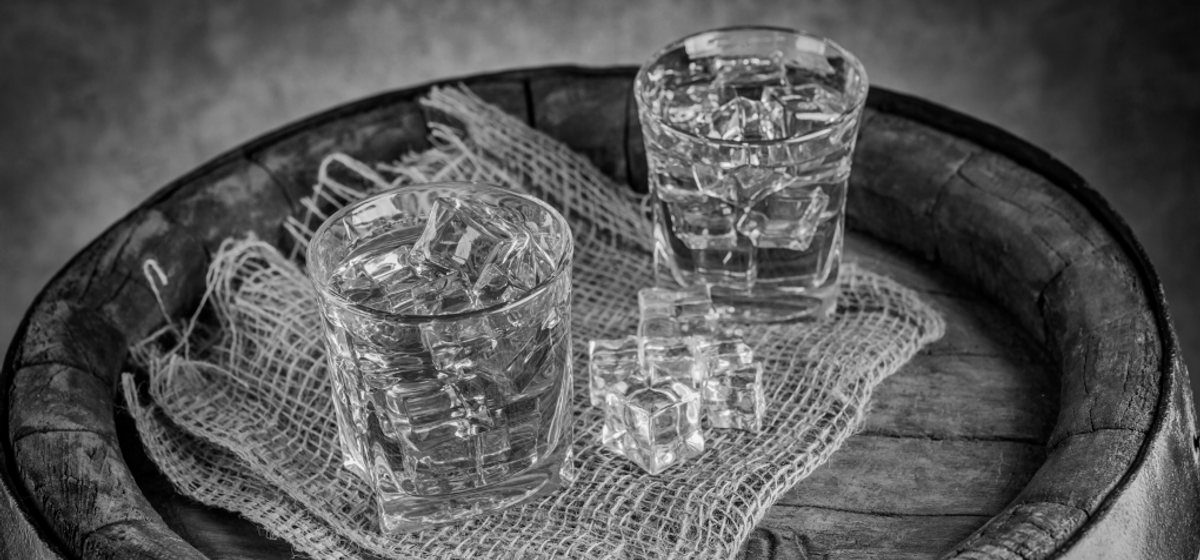
Back in the Colonial days, tavern owners used to keep their precious spirits stored away in big casks. Now, the name "cocktail" might have come from a term called "cock tailings," which referred to the dregs of a barrel of ale that collected at the bottom. Apparently, the "cock" part of this term refers to a little peg used to stopper the barrel. The story goes that tavern owners would mix these tailings together and sell them at a discount, maybe adding other ingredients to make them taste better.
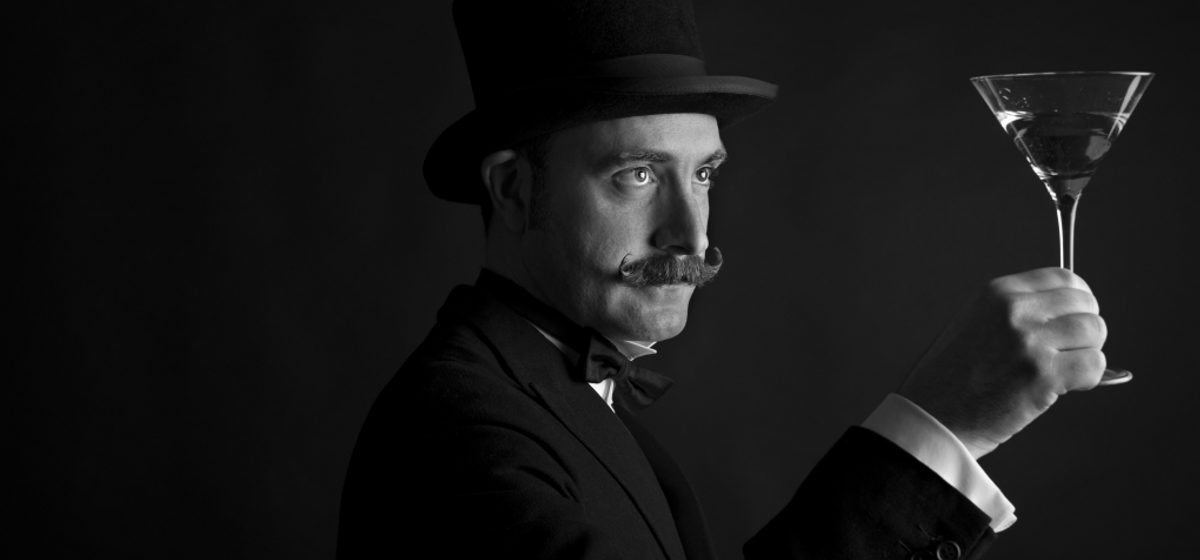
Legend has it that in 19th-century New Orleans, an apothecary named Antoine Amédée Peychaud (yes, the same guy who created Peychaud bitters) would serve his special concoction of brandy and bitters in a dainty French eggcup known as a coquetier. The drink became so popular that his guests would request it by name, calling it "cocktay." Eventually, the name evolved into the beloved term we know today - "cocktail."
And so, the story goes, the city of New Orleans became the birthplace of the cocktail, with Peychaud himself as the father of the drink. Whether you believe this story or not, one thing's for sure - the cocktail has come a long way from its humble eggcup origins.